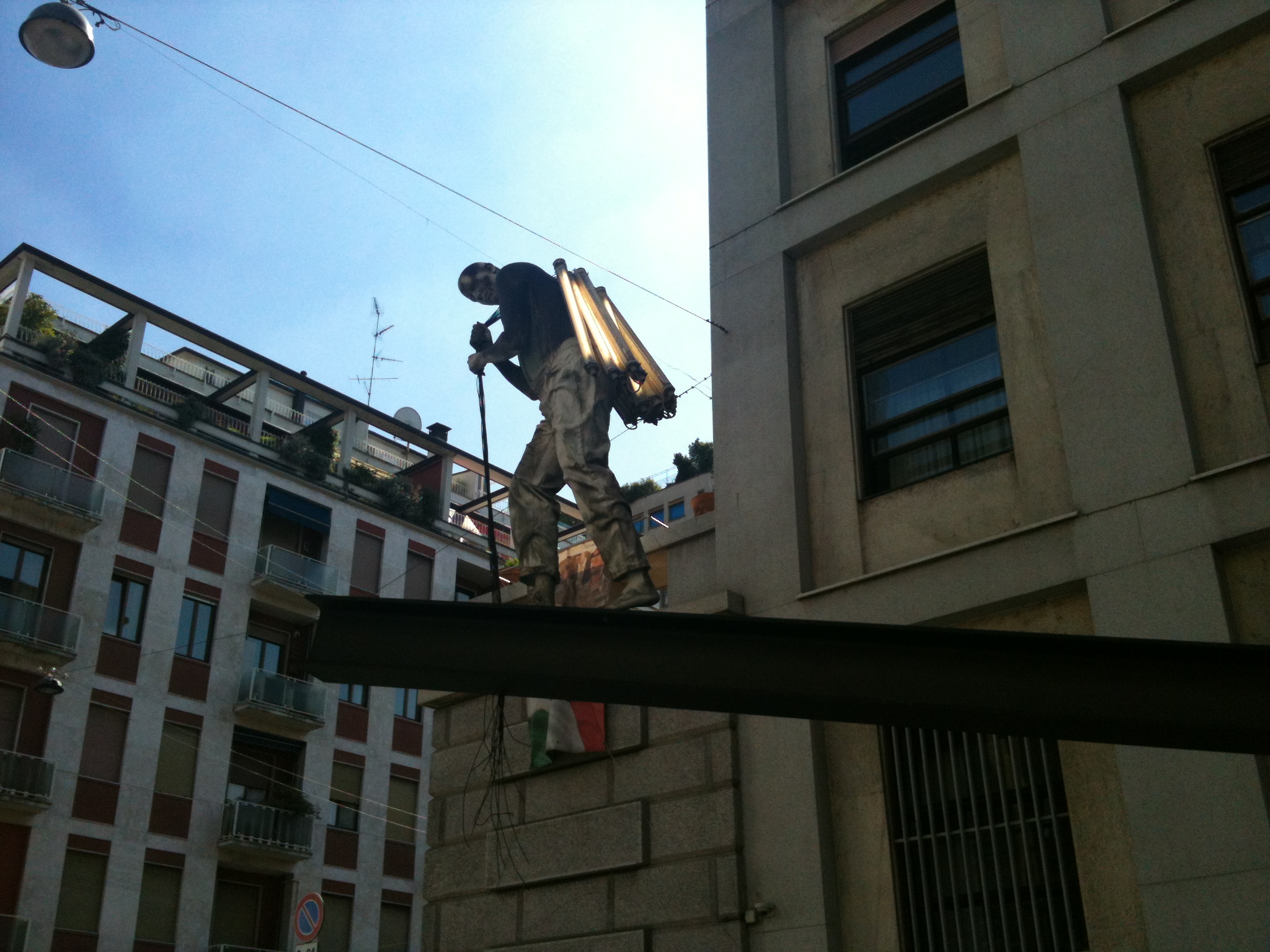What Is Work?
You know what work is—if you’re
old enough to read this you know what
work is, although you may not do it.
—Phillip Levine, “What Work Is”
When you were young, how did you answer the question, “What do you want to be when you grow up?” Were your aspirations tied to social class position, vocational duty, education, career title, or a salary? Was your decision based on the mental or physical labor that different work involves? In this course we explore the interconnectedness of work, value, and identity. Why, for example, do we ask people what they do when we really mean: “How much $ do you make?” Why do we try to avoid doing work, yet find the activity of working satisfying? Why do we privilege certain work for ourselves, yet take for granted or undervalue the work done by other people that we find mundane, beneath us, dangerous, or exploitative? Why are the most difficult, dirty and dangerous jobs always so poorly paid? What is work anyway?
Philip Levine, an American working class poet who died in 2015 and was honored as US Poet Laureate in 2011, starts to answer the question of our course title, “What Is Work?” in a poem titled “What Work Is.” Beginning with Levine, your reading, thinking, and writing—your work in this class—will enter into conversations about work in four units focused on the Languages of Work, the Gender & Work, the Alienation & Exploitation of Work, and Futures of Work. We will examine controversial contemporary work issues from the conflict between “right to work” and unionist, DWYL, workaholism, raising the minimum wage, white-blue-pink collar work, the low-wage working poor, invisible labor, Occupy Wall Street-Occupy Movement, glass ceiling & glass escalator, slavery, man vs. machine, and universal basic income.

